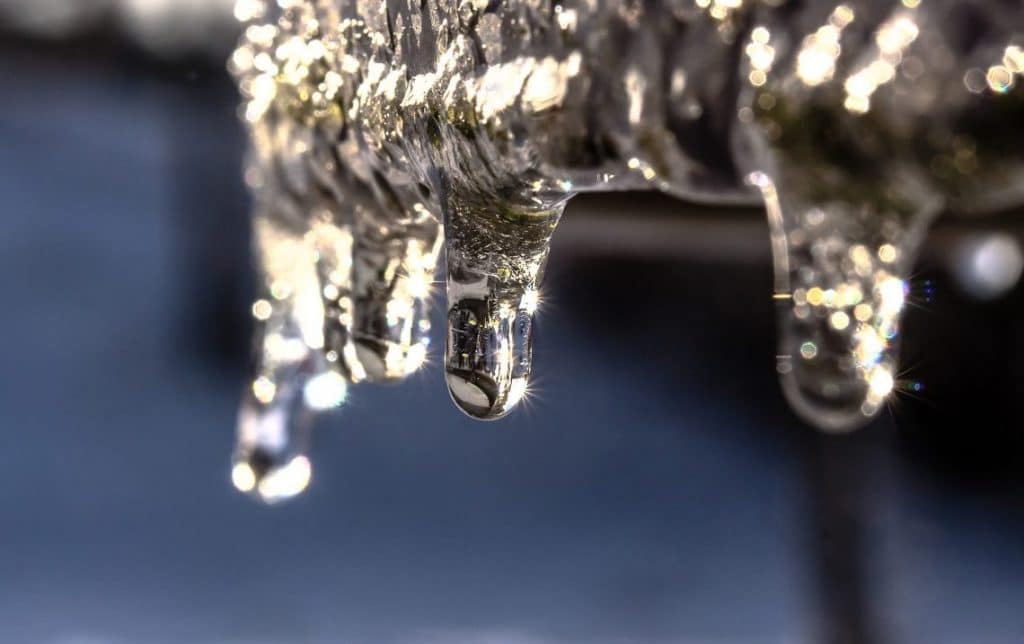Protecting Against Frozen Pipes in Cold Weather: Professional Strategies
Protecting Against Frozen Pipes in Cold Weather: Professional Strategies
Blog Article
They are making several good pointers on Preventing and dealing with frozen pipes in general in this content which follows.

Cold weather can ruin your plumbing, specifically by freezing pipes. Below's how to stop it from happening and what to do if it does.
Intro
As temperatures decrease, the threat of frozen pipelines rises, potentially bring about pricey repair work and water damage. Recognizing how to prevent frozen pipes is critical for homeowners in chilly climates.
Prevention Tips
Shielding susceptible pipelines
Wrap pipes in insulation sleeves or make use of warm tape to shield them from freezing temperatures. Focus on pipelines in unheated or exterior locations of the home.
Home heating techniques
Keep indoor areas adequately warmed, particularly areas with plumbing. Open cabinet doors to allow cozy air to distribute around pipelines under sinks.
Exactly how to identify frozen pipelines
Seek decreased water flow from taps, unusual odors or noises from pipes, and visible frost on revealed pipelines.
Long-Term Solutions
Architectural changes
Consider rerouting pipelines away from exterior wall surfaces or unheated areas. Add added insulation to attic rooms, basements, and crawl spaces.
Upgrading insulation
Purchase premium insulation for pipelines, attic rooms, and wall surfaces. Correct insulation helps maintain consistent temperature levels and lowers the threat of icy pipelines.
Safeguarding Outside Plumbing
Yard pipes and exterior taps
Detach and drain pipes yard pipes prior to wintertime. Mount frost-proof faucets or cover outside faucets with shielded caps.
Understanding Frozen Pipelines
What creates pipelines to freeze?
Pipes ice up when revealed to temperature levels listed below 32 ° F (0 ° C) for prolonged durations. As water inside the pipes freezes, it increases, taxing the pipeline wall surfaces and potentially creating them to break.
Threats and damages
Frozen pipes can lead to water disturbances, building damages, and costly repair services. Ruptured pipelines can flood homes and cause substantial architectural damage.
Signs of Frozen Water Lines
Recognizing icy pipelines early can prevent them from rupturing.
What to Do If Your Pipelines Freeze
Immediate activities to take
If you presume icy pipelines, maintain taps open to alleviate pressure as the ice thaws. Utilize a hairdryer or towels soaked in warm water to thaw pipelines slowly.
Final thought
Protecting against icy pipelines calls for aggressive actions and fast actions. By recognizing the reasons, signs, and safety nets, house owners can secure their plumbing during winter.
Helpful Tips to Prevent Frozen Pipes this Winter
UNDERSTANDING THE BASICS: WHY PIPES FREEZE AND WHY IT’S A PROBLEM
Water freezing inside pipes is common during the winter months, but understanding why pipes freeze, and the potential problems it can cause is crucial in preventing such incidents. This section will delve into the basics of why pipes freeze and the associated problems that may arise.
THE SCIENCE BEHIND FROZEN PIPES
When water reaches freezing temperatures, it undergoes a physical transformation and solidifies into ice. This expansion of water as it freezes is the primary reason pipes can burst. As the water inside the pipe freezes, it expands, creating immense pressure on the walls. If the pressure becomes too great, the pipe can crack or rupture, leading to leaks and water damage.
FACTORS THAT CONTRIBUTE TO PIPE FREEZING
Low Temperatures: Extremely cold weather, especially below freezing, increases the risk of pipes freezing. Uninsulated or Poorly Insulated Pipes: Pipes located in unheated areas, such as basements, crawl spaces, or attics, are more prone to freezing. Insufficient insulation or lack of insulation altogether exacerbates the problem. Exterior Wall Exposure: Pipes running along exterior walls are susceptible to freezing as they encounter colder temperatures outside. Lack of Heating or Temperature Regulation: Inadequate heating or inconsistent temperature control in your home can contribute to frozen pipes. PROBLEMS CAUSED BY FROZEN PIPES
- Pipe Bursting: As mentioned earlier, the expansion of water as it freezes can cause pipes to burst, resulting in significant water damage.
- Water Damage: When pipes burst, it can lead to flooding and water damage to your property, including walls, ceilings, flooring, and personal belongings.
- Structural Damage: Prolonged exposure to water from burst pipes can compromise the structural integrity of your home, leading to costly repairs.
- Mold and Mildew Growth: Excess moisture from water damage can create a favorable environment for mold and mildew growth, posing health risks to occupants.
- Disrupted Water Supply: Frozen pipes can also result in a complete or partial loss of water supply until the issue is resolved.
WHY CERTAIN PIPES ARE MORE PRONE TO FREEZING
- Location: Pipes located in unheated or poorly insulated areas, such as basements, crawl spaces, attics, or exterior walls, are at higher risk of freezing.
- Exterior Pipes: Outdoor pipes, such as those used for irrigation or exposed plumbing, are particularly vulnerable to freezing as they are directly exposed to the elements.
- Supply Lines: Pipes that carry water from the main water supply into your home, including the main water line, are critical to protect as freezing in these lines can affect your entire plumbing system.
- Underground Pipes: Pipes buried underground, such as those connected to sprinkler systems or outdoor faucets, can be susceptible to freezing if not properly insulated.
https://busybusy.com/blog/helpful-tips-to-prevent-frozen-pipes-this-winter/

Do you like more info about Preventing and dealing with frozen pipes? Make a remark down below. We would be glad to know your thoughts about this write up. We hope that you come back again soon. You should take the opportunity to promote this blog entry if you appreciated it. Thanks a lot for your time. Kindly come visit our blog back soon.
Call Today Report this page